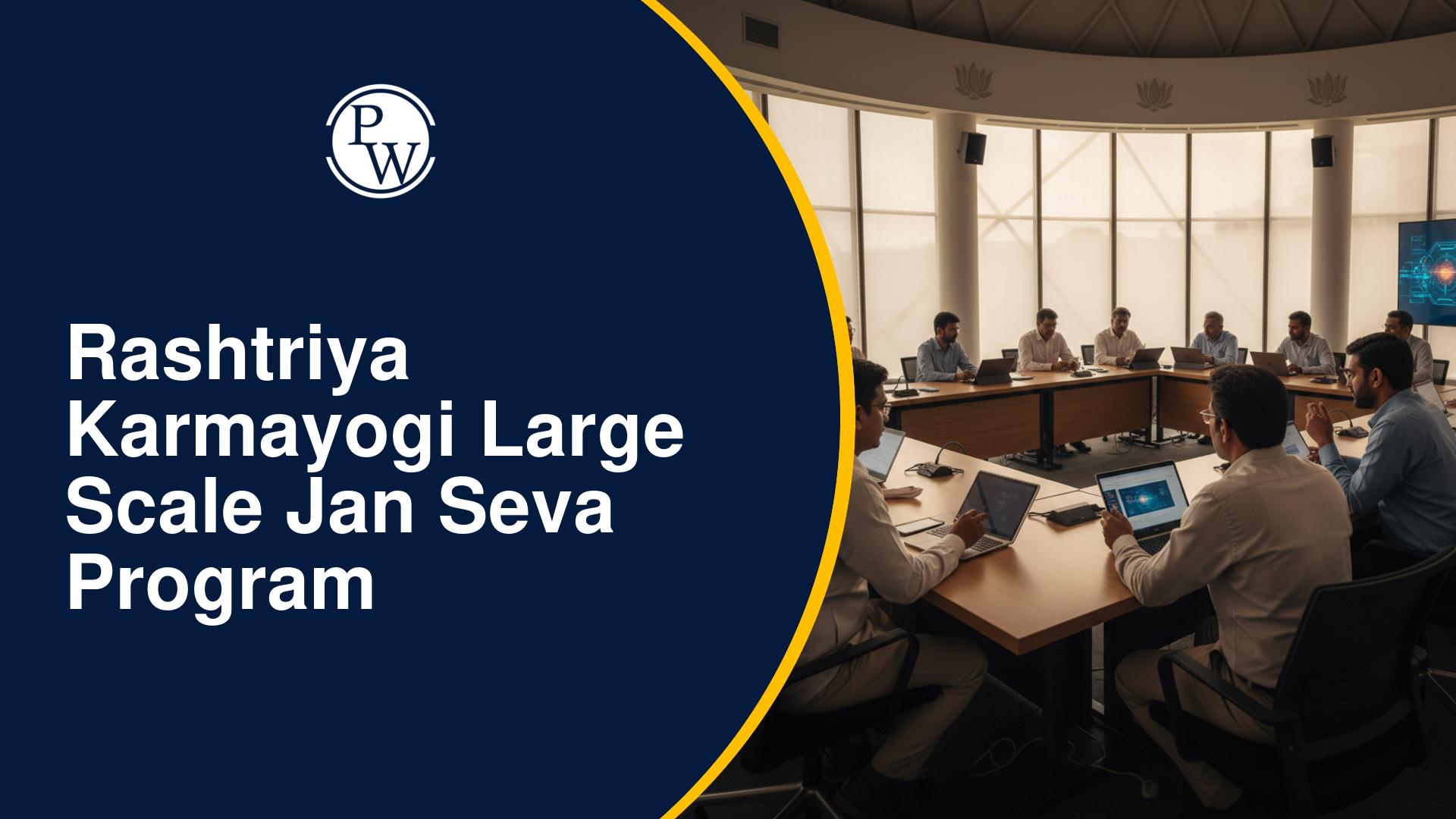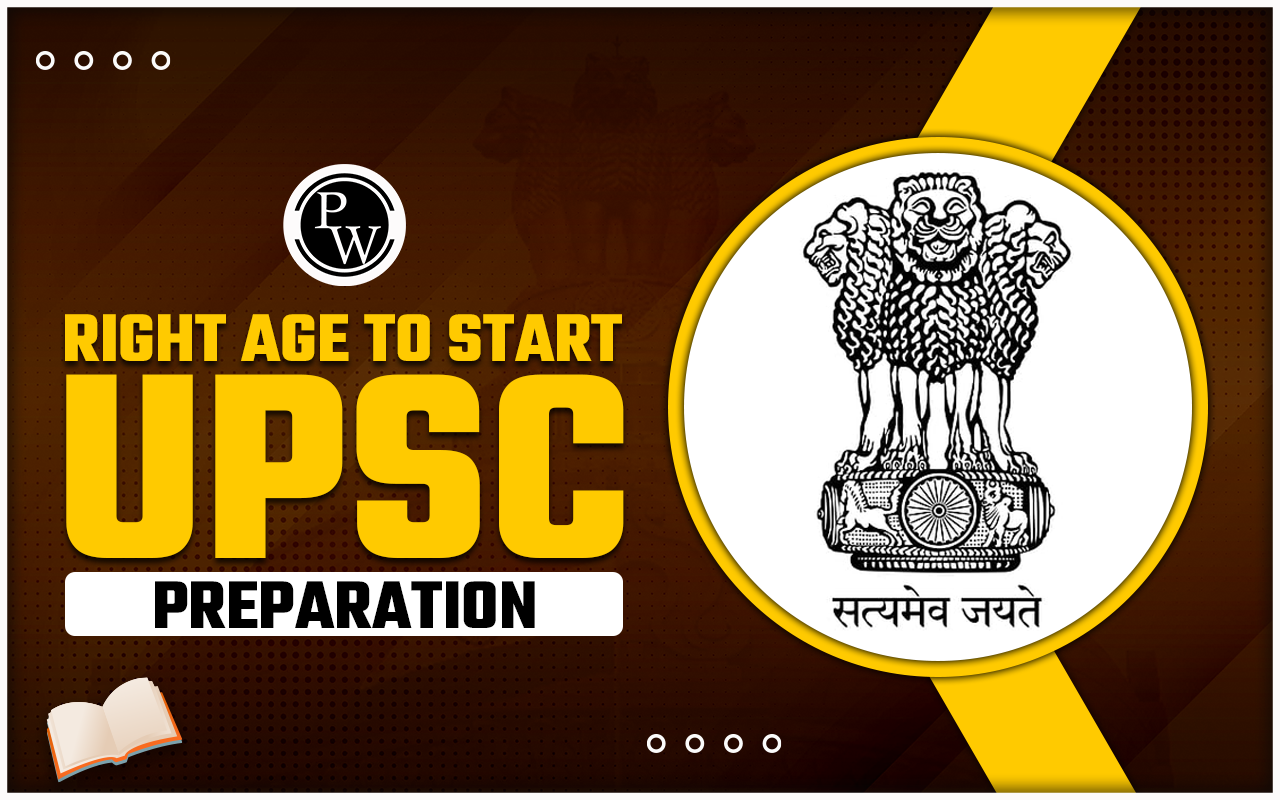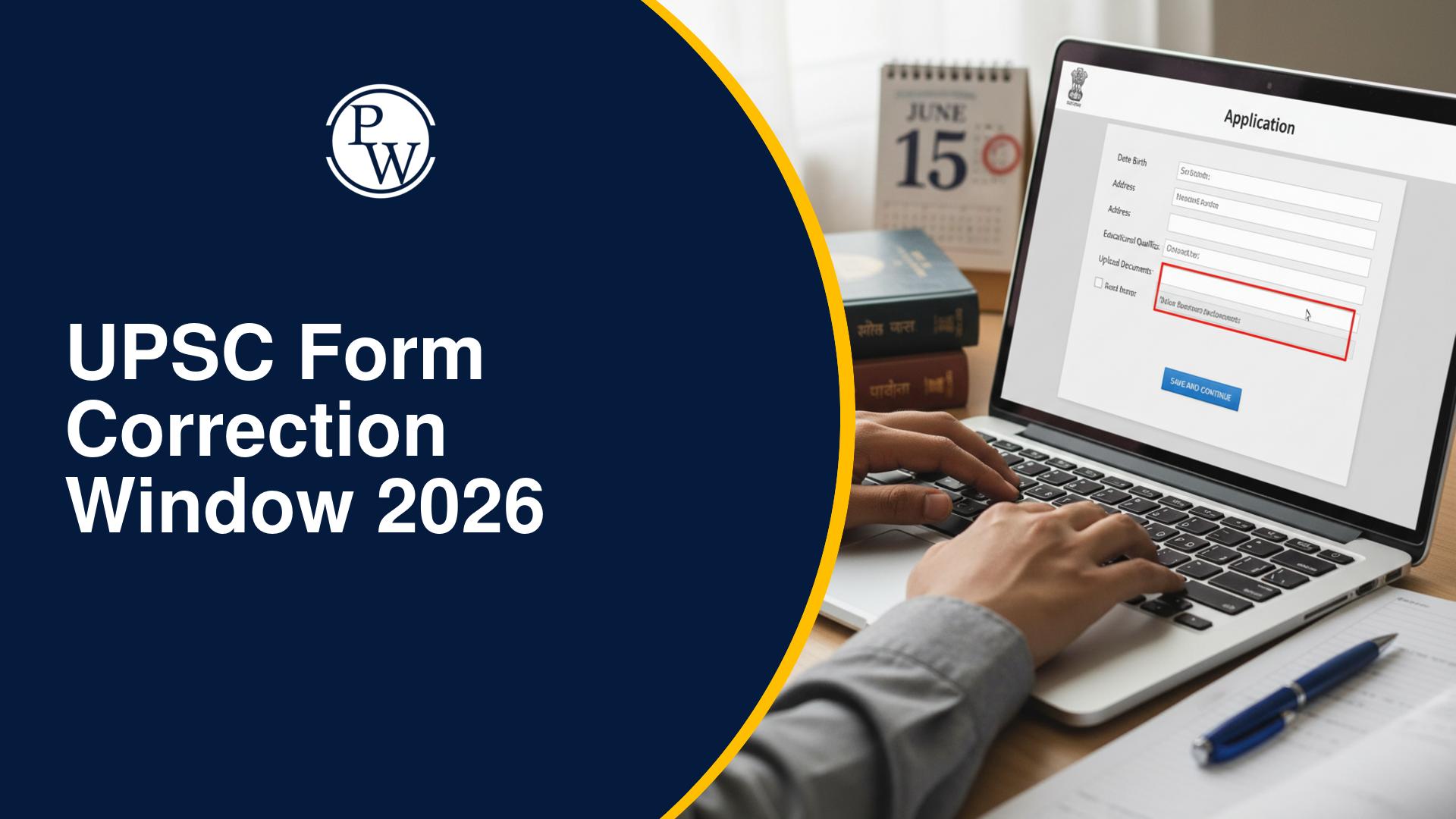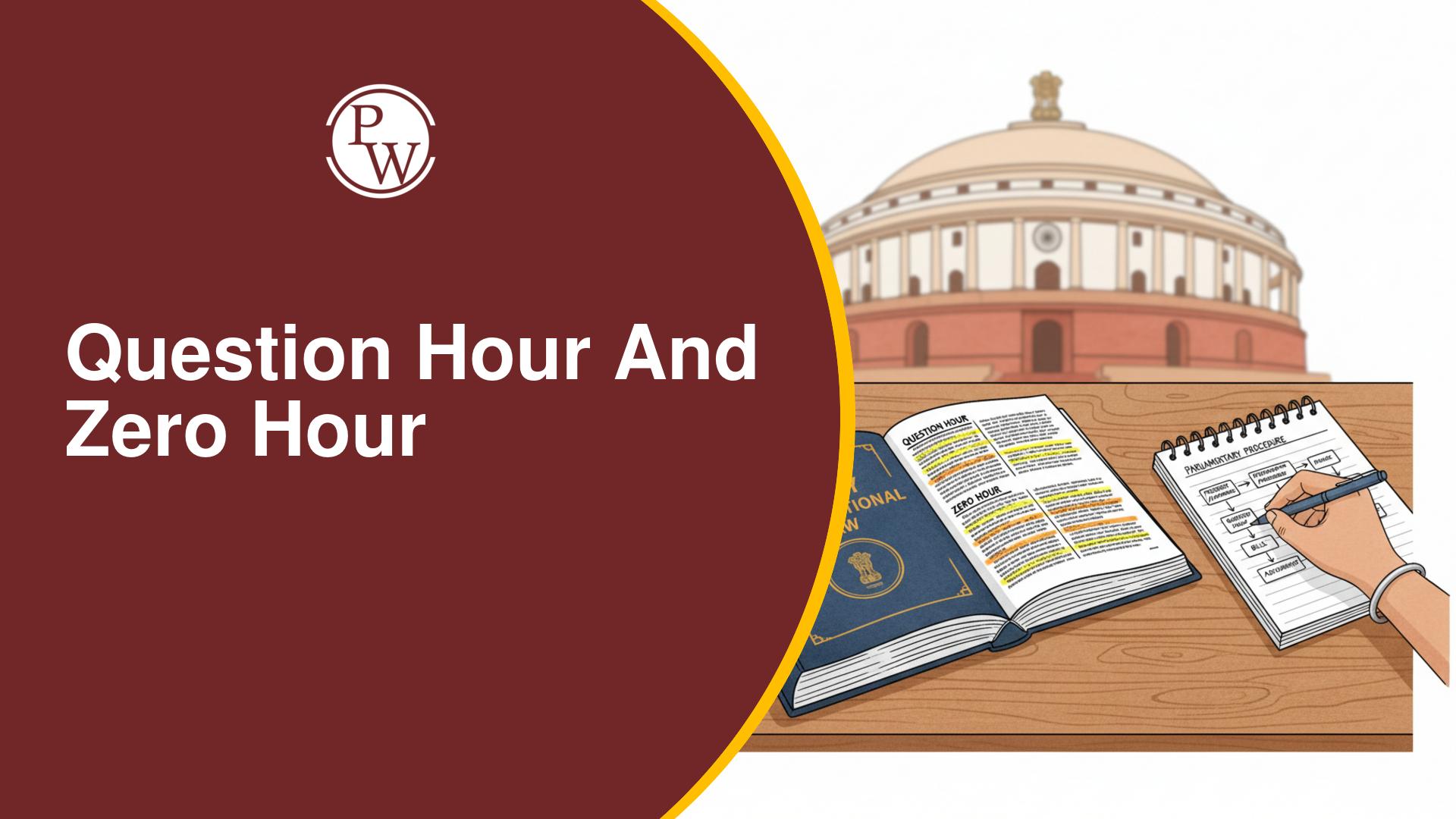
Government Schemes : As UPSC Prelims 2025 draws near, aspirants must ensure they are thoroughly updated on the latest government schemes. Government schemes are an integral part of the General Studies syllabus and form the basis of multiple questions in the exam.
Whether related to agriculture, health, education, economic development, or social welfare, understanding these schemes is crucial for aspirants to score well in the exam. Keep reading for the list of important government schemes that are relevant for the UPSC Prelims 2025.Importance of Government Schemes for UPSC Prelims
Government schemes are a significant part of the UPSC Prelims syllabus . They provide insight into the policies and actions taken by the Indian government to address social, economic, and political issues. Here’s why understanding government schemes for UPSC is so important:- Frequent in UPSC Questions: Every year, several questions in UPSC Prelims are based on government schemes.
- Interlinks with Other Topics: Many questions related to government schemes are interconnected with Indian polity, economics, and social justice, making them important for multiple sections of the exam.
- Helps in Mains and Interview: Knowing government schemes not only helps in the Prelims but also forms a crucial part of the UPSC Mains and Interview.
Example:
UPSC Prelims 2017
What is the aim of the programme 'Unnat Bharat Abhiyan'?
|
List of Government Schemes for UPSC Prelims 2025
As the UPSC Prelims 2025 approaches, here is a list of government schemes that are important for your exam preparation.- PM Kisan Samman Nidhi : A central government scheme that provides direct income support of ₹6,000 per year to small and marginal farmers.
- PM Suraj: An employment generation scheme aimed at creating job opportunities for disadvantaged communities.
- Refund of Duties and Taxes on Export Products (RoDTEP): A scheme aimed at boosting exports by refunding duties and taxes on products exported from India.
- SC Abhyudaya Yojana: A scheme focused on improving education and employment opportunities specifically for Scheduled Castes.
- Prerna Program: An initiative by the Ministry of Education aimed at enhancing leadership qualities among students through experimental learning.
- Technical Textiles Mission: A government initiative to promote research, development, and production in the field of technical textiles.
- National Forensic Infrastructure Enhancement Scheme (NFIES) : A scheme aimed at improving forensic science capabilities across India to strengthen the criminal justice system.
- Kasturi Cotton Bharat: A scheme aimed at promoting Indian cotton brands in both domestic and international markets.
- Skill Loan Scheme: A financial support initiative for skill development programs in higher education institutions.
- Smart City Mission: An initiative launched by the Government of India to develop 100 smart cities across the country, focusing on urban renewal and infrastructure improvement.
- Pradhan Mantri Awas Yojana (Urban): A housing scheme aimed at providing affordable housing solutions for the urban poor.
- Prime Minister Tribal Advancement Campaign: An initiative focused on improving the socio-economic conditions of tribal populations across India.
- Spice Board Scheme: A government program designed to enhance the productivity and export potential of spices produced in India.
Important Government Schemes Sector Wise
Here is the list of sector wise government schemes for the UPSC Prelims 2025 exam:| Sector | Scheme Name | Objective |
| Agriculture | Pradhan Mantri Krishi Sinchai Yojana | Improve irrigation facilities and promote water conservation. |
| Soil Health Card Scheme | Provide soil health cards to farmers for better crop management. | |
| Rural Development | MGNREGA | Guarantees 100 days of wage employment in a financial year to every rural household. |
| Pradhan Mantri Awas Yojana (Gramin) | Provide affordable housing to the rural poor. | |
| Health | Ayushman Bharat - PMJAY | Health insurance coverage of up to ₹5 lakh per family for secondary and tertiary care hospitalization. |
| Mission Indradhanush | Immunization of children and pregnant women against vaccine-preventable diseases | |
| Education | Pradhan Mantri Vidya Lakshmi Karyakram | Provide a platform for students to access educational loans. |
| Khelo India Scheme | Promote sports and physical fitness among school children. | |
| Women | Beti Bachao Beti Padhao | Prevent gender-biased sex-selective elimination and ensure the education of the girl child. |
| Mahila E-Haat | An online marketing platform for women entrepreneurs. | |
| Economic Development | Make in India | Encourage manufacturing in India by promoting investment and innovation. |
| Startup India | Support startups through funding, mentorship, and incubation facilities. |
How to Prepare Government Schemes for UPSC Prelims 2025?
To effectively prepare for government schemes for UPSC Prelims 2025, follow the given strategies:- Focus on Recent Schemes : Prioritise studying schemes launched or updated in the past two years.
- Read Budget Documents: The Union Budget highlights key government schemes.
- Refer to PIB and PW OnlyIAS: The Press Information Bureau is a reliable source for authentic details. You can also get summaries of important government schemes at PW OnlyIAS.
- Create Short Notes : Summarise schemes, including objectives, target groups, and implementation status.
- Practice Mock Tests : Solve questions related to schemes to improve retention.
| UPSC Related Articles | ||
| India International Science Festival | Mission Karmayogi | Places of Worship Act |
| Parliament Sessions | One Nation One Election Bill | Anti-Defection Law |
Government Schemes for UPSC FAQs
How many questions come from government schemes for UPSC prelims?
Around 4 to 5 questions are typically asked from government schemes in Prelims.
Why are government schemes important for the UPSC exam?
They help understand the government’s priorities and policy measures, crucial for both Prelims and Mains.
How can I prepare for government schemes for UPSC Prelims?
Stay updated on the latest schemes through newspapers, PIB, and UPSC study materials offered by PW OnlyIAS.
What is the difference between the central sector and centrally sponsored schemes?
Central sector schemes are fully funded by the central government, while centrally sponsored schemes involve shared funding with states.
How to remember government schemes effectively?
Use sector-wise categorization and revise regularly government schemes through practice questions.
Talk to a counsellorHave doubts? Our support team will be happy to assist you!

Free Learning Resources
PW Books
Notes (Class 10-12)
PW Study Materials
Notes (Class 6-9)
Ncert Solutions
Govt Exams
Class 6th to 12th Online Courses
Govt Job Exams Courses
UPSC Coaching
Defence Exam Coaching
Gate Exam Coaching
Other Exams
Know about Physics Wallah
Physics Wallah is an Indian edtech platform that provides accessible & comprehensive learning experiences to students from Class 6th to postgraduate level. We also provide extensive NCERT solutions, sample paper, NEET, JEE Mains, BITSAT previous year papers & more such resources to students. Physics Wallah also caters to over 3.5 million registered students and over 78 lakh+ Youtube subscribers with 4.8 rating on its app.
We Stand Out because
We provide students with intensive courses with India’s qualified & experienced faculties & mentors. PW strives to make the learning experience comprehensive and accessible for students of all sections of society. We believe in empowering every single student who couldn't dream of a good career in engineering and medical field earlier.
Our Key Focus Areas
Physics Wallah's main focus is to make the learning experience as economical as possible for all students. With our affordable courses like Lakshya, Udaan and Arjuna and many others, we have been able to provide a platform for lakhs of aspirants. From providing Chemistry, Maths, Physics formula to giving e-books of eminent authors like RD Sharma, RS Aggarwal and Lakhmir Singh, PW focuses on every single student's need for preparation.
What Makes Us Different
Physics Wallah strives to develop a comprehensive pedagogical structure for students, where they get a state-of-the-art learning experience with study material and resources. Apart from catering students preparing for JEE Mains and NEET, PW also provides study material for each state board like Uttar Pradesh, Bihar, and others
Copyright © 2026 Physicswallah Limited All rights reserved.









